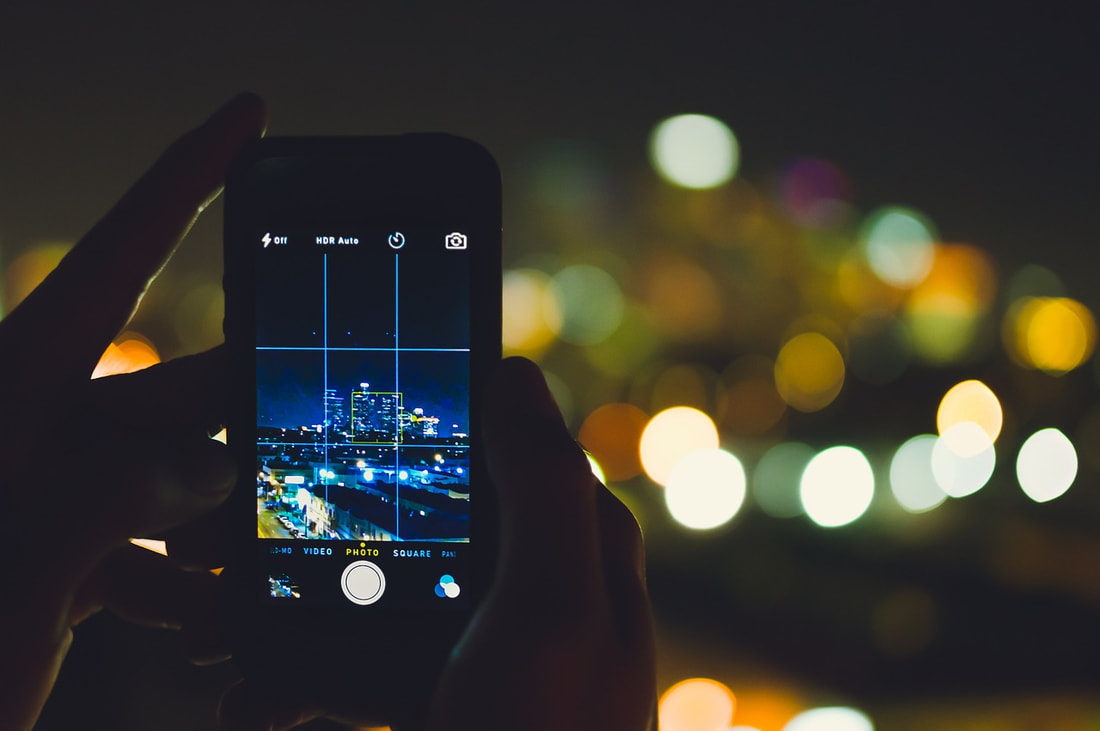Current Status:
- Kids, teens, and young adults are killing themselves, being cyber-bullied to death and developing disorders not seen previously in any generation.
- Kids, teens and young adults who "have it all" are depressed, miserable, anxious and suicidal.
- In the six years between 2010 and 2016, the number of teens who've had at least one major depressive episode has increased by 60%. This diagnosis usually requires treatment with an antidepressant.
- Teen who are on their phones 3 hours or more hours daily are 34% more likely to suffer 1 suicide-related incident versus those who are on their phones 2 hours daily.
- Out of the kids, teens and young adults who are on their phones 5 hours or more, 48% of them had 1 suicide attempt.
- There's no firmly established cause-and-effect. It's uncertain if being on the cellphone is the issue or if it's a trait/condition of the person who uses it so intensely that makes them vulnerable to depression and anxiety.
- In my opinion, the problems begin with the person's intense desire to get attention from anyone and everyone that is of greater intensity than is healthy and when these interactions and attention don't give them "whatever" it is they want, they become more irritable, disillusioned, anxious, depressed. They begin to misperceive every little slight as an attack on them and they spiral out of control into helplessness and hopelessness. They go back to social media again and again waiting for a "different" message. Rather like gambling, isn't it?
The world, the entire world, can get up in your face at anytime instead of being "out there somewhere". And because the lure is neurological as well as social, it's nearly irresistible.
With cell phones, there's access to other people's opinions, alliances, private moments and public shame, their relationships, their habits and what they had for lunch. Yum.
This information was not as available, in real time, as it is now. There's no filter, no opportunity to wait, digest, develop judgment and ask yourself, "Is this in my best interest?" So, for those who are desperate for others' approval, who have little sense of themselves or their self-worth, cell phones are hazardous to their health and possibly the health and well-being of others if these persons suffer from dangerous conditions such as Schizotypal Personality Disorder.
1. Just as when they were young and shrieked in terror when you took them to Disneyland/World and saw the life-sized costumed characters, your kids and teens still struggle to separate social media from real life. This confusion leads to higher levels of anxiety.
2. Human brains mature from the back to the front. Put your hand on the back of your neck. The area just above your hand is the first part of the brain to mature. This area controls motor movement which is, obviously, essential for learning to walk and feed and defend yourself. The last part of the brain to mature is the area behind the forehead. This is an area where higher order thinking skills and executive functioning skills (planning, sequencing, shifting gears, using working memory) "live". For modern society, these are the essential skills for school, work and daily life.
As a result of teen's immature brains, they have less empathy and certainly, less impulsive control. They post destructive, disturbing comments on sites as well as to their friends and enemies. Their sexualized and threatening content can attract the attention of authorities.
3. Because they're not interacting face-to-face, they behave in ways that they would not behave if they were in front of the person. You remember how easy it was, when you were made at your boyfriend, you could hang up on him?
The connection is digital, so people lose their social filter. Bullying has increased substantially via the smart phone.
4. Brain Geek Stuff: Social media causes dopamine to release. One of the founders of Facebook, Sean Parker, shared that when they were creating Facebook, they were aware of how this kind of human/digital interaction might increase dopamine to release. Since dopamine is the key neurotransmitter to the brain's reward system, people would come back again and again which means advertising revenue. Cha-ching!
Facebook and social media is addictive because of the dopamine cycle. "If it feels good, do it. If it feels THAT good, do it MORE!" You don't think your kid is addicted? Watch what happens when you take it away. They demonstrate withdrawal behaviors such as irritability, anger, distractibility, and manic/panic about "When do I get it back?" They will pester you like a 3-year old who wants the cookie just before dinner.
5. Sexual maturation increases competition as they vie for their position in the social order. Competition can increase aggression. This aggression is expressed through and escalated by the smart phone.
What's a parent to do?
1. If your kid already has a cell phone, start by explaining the health issues of having their phone with them at night. Set a time for them to give it up and the time when you'll give it back to them. Put it in a secure place in your bedroom. Sleep deprivation is a serious contributing factor to the myriad of other disorders that teens are experiencing in conjunction with cell phones such as depression and anxiety. Healthy quality sleep is critical to coping skills and emotional stability.
2. Consider the small, lockable pouch by Yondr. It's now being used in schools to control the constant distraction of cell phones in the classroom. This could be used at dinner time or other family time, movies, church or other occasions. Training them to abide by the pouch may require some "motivation" depending on your relationship and the maturity level of your teen.
3. Consider the Wait Until 8th program. If your child needs a cell phone, buy one that is very basic. Once they get to the 8th grade, consider a restricted data plan. Expand the plan as they demonstrate responsibility and working with you regarding its use without complaint.
Silicon Valley executives are said to wait until their kids are 14 before they give them a cell phone and to wait until 16 to give them a data plan. Why? Here's what they say...
- Cell phones are damaging childhood.
- They are addicting.
- They cause academic distraction.
- They impair sleep.
- They interfere with relationships.
- They increase the risk for anxiety, depression, cyber-bullying, and expose kids to sexual content. The first exposure to pornography happens, on average, at age 12.
Just do the best you can, Claudia
Join me on Facebook at Dr. Claudia McCulloch
At drclaudia.net, click on the "Ask Me" button and submit a question.





